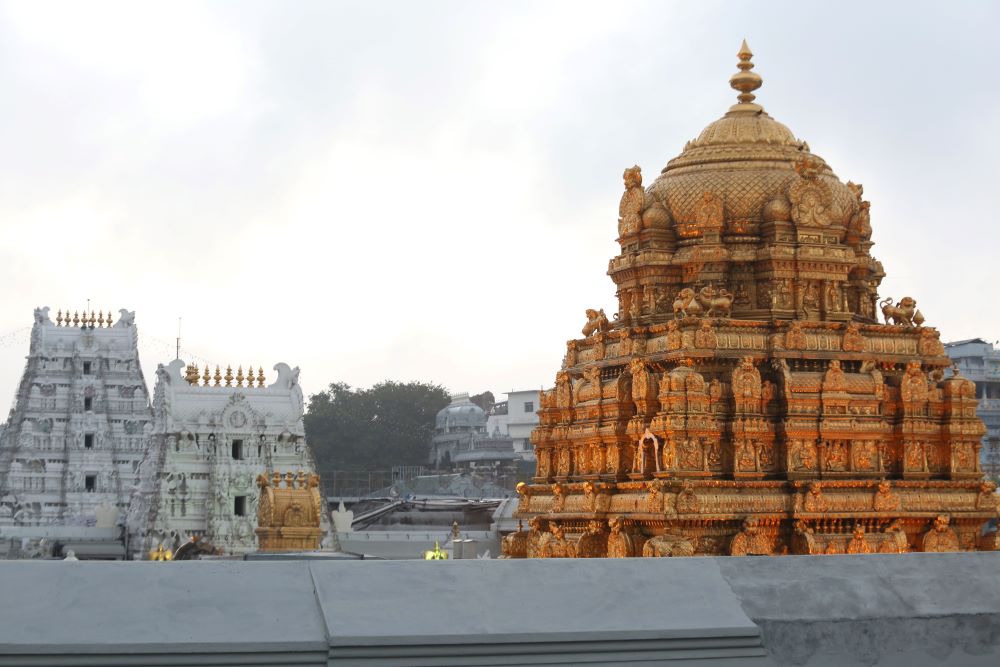Manifestation of Lord Venkateswara Swamy Shines with Lord Sri Mahavishnu left Vaikuntam and reached Venkatadri as Lord Venkateswara Swamy to protect and bless the devotees. Venkatadri is also known as Venkatachalam. It is one of the seven hills of Tirumala, considered a heavenly abode on the earth. The sanctum sanctorum where Sri Venkateswara Swamy resides Read More
Ads Blocker Detected!!!
We have detected that you are using extensions to block ads. Please support us by disabling these ads blocker.

